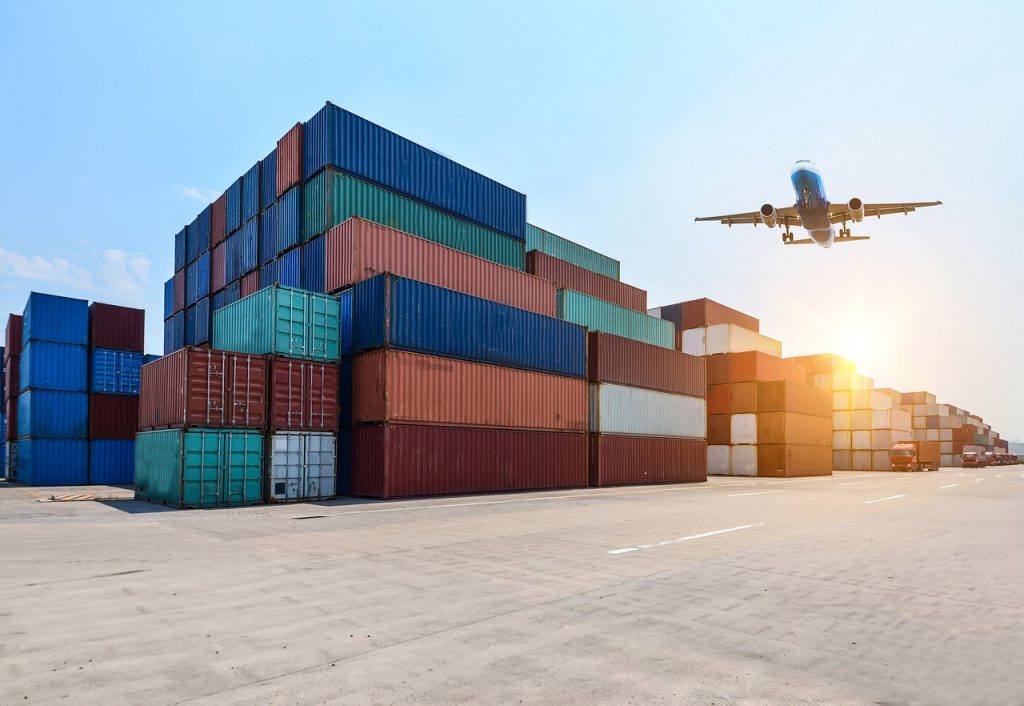Following the “Iron Swords” conflict, the commercial ties between Israel and Turkey, particularly in the realm of trade, are dwindling. As of October 2023, the volume of imports from Turkey has plummeted by about 30% from October 2022, according to data from the Turkish Ministry of Commerce.
The anti-Semitic statements by Erdoğan and other Turkish officials, along with Turkey’s unequivocal support for terrorist organizations, notably Hamas, have reminded many in Israel of the Marmara incident and the sad reality that sometimes, even if you desire to be friends with someone, they might not feel the same way towards you, and that’s perfectly fine.
Somehow, politicians and business leaders in Israel have yet to fully grasp this fact.
However, the Israeli public is certainly beginning to understand. A significant first step was taken through the requirement to label the country of origin for vegetables and fruits sold in supermarkets. The goal is to give the public the choice of whether they wish to support the Israeli economy, a neutral economy (like Italy, the USA, etc.), or a terror-supporting country such as Turkey.
As a result, numerous Israeli companies doing business with Turkey or importing Turkish goods are finding that, in the current political environment, ensuring a steady flow of imports is increasingly challenging. This situation is driven by the potential for exporters or the Turkish government to introduce complications, coupled with a growing awareness among the Israeli public.
Furthermore, data from Analdo Agency, one of Turkey’s major news agencies, indicates that contrary to popular belief, trade relations between Turkey and Israel have been affected by the conflict. Based on a three-month period from October to December 2023, trade relations between Turkey and Israel have been reduced by millions of dollars.
This understanding is leading to proactive actions – shifting operations to other countries in the Balkans, where the options are sometimes better than Turkey in terms of quality and price, primarily due to political interests and the desire to protect the stability of blue-and-white (Israeli) businesses, amidst concerns of continuing operations within Turkey. It’s important to remember that beyond the political aspect, the economic environment in Turkey is very unstable: interest rates stand at 40% and inflation at 60%.
Many Israelis who have made such a transition found that it contributed to tax savings in addition to the political security they sought. Tax policies in Albania and Kosovo are very lenient, making it simple and cheap to do business in these and other Balkan countries.
Main Import and Export Fields from Turkey
Recently, numerous importers who have long sourced a variety of goods from Turkey — including agricultural products, consumer goods, and industrial raw materials — have shifted their focus to our branch in Albania. Key imports from Turkey to Israel traditionally encompass pearls, precious stones, metals, electrical and electronic equipment, vehicles and vehicle parts, as well as iron, steel, cement, plastics, and related products.
Why Balkan Countries like Albania May Serve as a Better Alternative for Trade
Between Israel and Albania, there are no free trade agreements (unlike Turkey and Israel), but in 1997, a bilateral agreement between Israel and Albania regarding investment encouragement and protection came into effect, creating a comfortable and secure investment climate. In 2022, a treaty to prevent double taxation was signed between Israel and Albania with our office’s assistance, further facilitating trade between the two countries.
Moreover, according to the World Trade Organization (WTO) reports for 2024, goods included in the non-agricultural goods section of the free trade agreement with Turkey could be relevant for trade with Israel. Thus, 99.9% of these products enjoy duty-free status, making Albania a hub for business partnerships with Israeli companies in the industrial products sector. Albania’s main export commodities include minerals, electric energy, basic metals, and textiles.
The official data still does not reflect the depth of change we are seeing on the ground, mainly because such processes take time. Typically, the transition occurs in two phases – in the first phase, the importer establishes a company, for example, in Albania, and transfers exports from Turkey to avoid disrupting operations. In the second phase, with the help of our Albanian branch, they seek additional exporters in Balkan countries (especially Albania, Kosovo, Montenegro, and Macedonia).
Today, our office is actively working to establish business entities and different business channels in the Balkan countries, with our branch in Albania specializing in company formation and tax planning in various Western Balkan countries. If you are considering transferring operations to these countries, click here to schedule an introductory call today.




